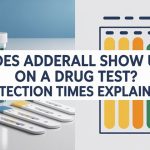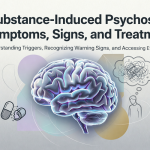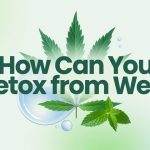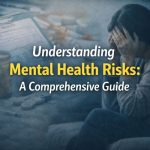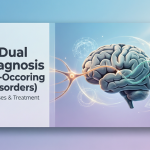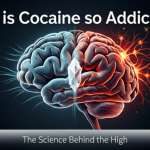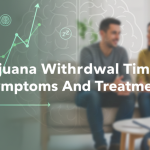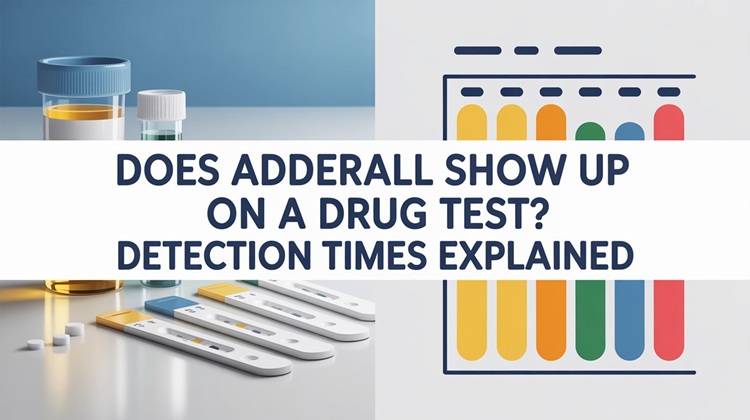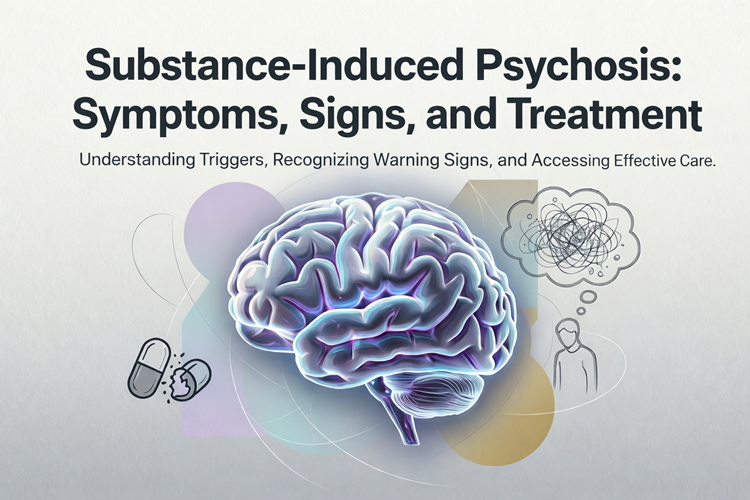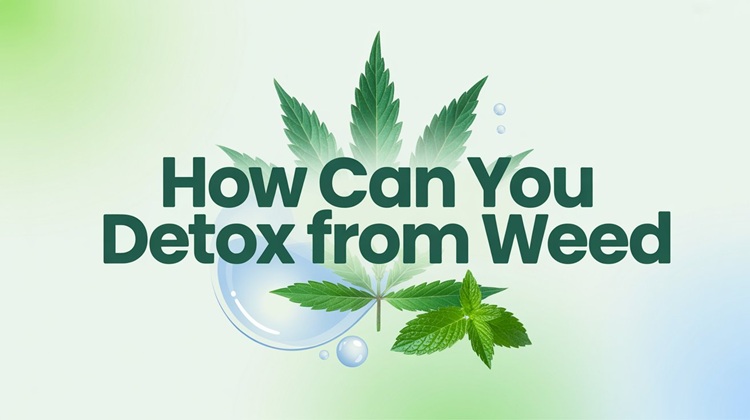Mental health and substance use disorders are still disorders that can overlap substantially to produce a difficult state described as dual-diagnosis or co-morbidity. This condition, which can be referred to as dual disorder, affects his psychological and physical as well as social and religious well-being of a person if his mental illness and substance use problems co-occur.
What is Mental Health Dual Diagnosis?
The term co-occurring disorders, or dual diagnosis, is used when a person suffers from both a mental health illness, and a substance use dysfunction. Both of them are often interrelated and depend on each other making it really hard to treat any of the two alone.
Common Co-Occurring Disorders
Some of the most common co-occurring disorders include:
- Depression and Alcohol Use Disorder: This condition can lead to self-treatment with alcohol or alcohol use leads to the worsening of depressive signs.
- Anxiety Disorders and Substance Use Disorder: Substance use is a possible result of anxiety and anxiety symptoms due to the use of substances can aggravate the symptoms.
- Bipolar Disorder and Substance Use Disorder: Bipolar disorder, for example, may be aggravated by unstable substance use and it becomes very difficult to manage.
- Schizophrenia and Substance Use Disorder: Schizophrenia patients that use substances can have their psychotic signs and cognitive characteristics made worse.
100% Confidential Support is Available 24/7
No matter what you’re going through, you’re not alone. Our dedicated team is here to provide a safe, judgment-free space where you can talk openly and honestly. Whether you need emotional support, resources, or just someone to listen.
We’re here for you—completely confidential and always respectful of your privacy. Call us today!
The Impact of Co-Occurring Disorders
Co-occurring disorder often has significant impacts on the affected involved individual In this case;

Dual diagnosing can also be a very destructive condition for people and their families. Some of the consequences include:
- Increased risk of suicide: People who haveillnesses with addiction are likely to attempt and succeed in suicide .
- Health problems: These problems include damage to the liver, heart ailment, and respiratory diseases among others.
- Relationship difficulties: Women and men with co-occurring disorders also have problems interacting with family, friends, and significant others.
- Legal troubles: The use of substances can result in a person getting arrested and serving time in jail.
- Financial problems: Detox and mental health disorders can be expensive and these cause economical fluctuation.
Substances Often Misused
The substances commonly linked to co-occurring disorders are:
- Alcohol: It’s often used to self-medicate stress or depression.
- Opioids: Use either through a doctor’s recommendation or self-administration resulting in physical addiction.
- Stimulants: Cocaine and methamphetamines to receive a buzz or to ‘get high’.
- Prescription Medications: Benzodiazepines and sedatives abuse and dependency.
Help-Seeking for Persons With Co-occurring Disorder
For anyone experiencing co-occurring disorders, or someone you love, help must be sought with a qualified doctor or specialist. Treatment for co-occurring disorders typically involves a combination of therapies, including:
- Psychotherapy: This encompasses talking therapy aimed at enabling a person receive appropriate help on their mental health and substance use disorders.
- Medication: Psycho-active substances also includes medications which are used to in the treatment of mental health and substance use disorders.
- Support Groups: Obviously, the support groups consist of people who can share a company with those who, for example, go through the same experiences.
Deland Treatment Solutions
Battling with Drug and Alcohol Addition? Remember, you are not alone and we are here to help you!
Effective Treatment Approaches
Dual diagnosis means the disorders must receive treatment at the same time in order for the patient to be cured. Here are some proven strategies:
Integrated Treatment
Links the mental health and substance use disorders in to one treatment plan.
Evidence-Based Therapies
Cognitive Behavioral Therapy (CBT): Assists in competent challenging of the cognitive processes that lead to substance use.
Dialectical Behavior Therapy (DBT): Focuses on learning ways through which one can handle his or her emotions.
Motivational Interviewing (MI): Indirectly builds motivation to change.
Medication Assisted Treatment or M.A.T..
Other prescribed drugs, including naltrexone or buprenorphine, help a patient control cravings at the same time as mental health symptoms.
Peer Support Groups
There is support from support groups AA and other mental health support groups are available in the society.
Holistic Approaches
Includes proper eating, being aware, and exercising as the means toward heath enhancement.
Seeking Help
Dual diagnosis means that a patient has a mental health disorder and a substance use disorder, which should be treated with empathy, best practices and in a coordinated fashion. In this way, the experience of such conditions can be taken as that which enables persons and families to begin the process of long-term healing. There is help out there, and recovery also documented to be do-able, at least with the right support.

If you or someone you love has a dual diagnosis, please do not hesitate to seek for help. The following are some of the best ways that can help you find the support you need easily.






